KUALA LUMPUR, July 15 — The government has so far brought home 23,955 Malaysians stranded in 82 countries due to the COVID-19 pandemic, said Foreign Minister Datuk Seri Hishammuddin Tun Hussein.
The latest involved 143 Malaysians who were brought back from Jordan along with 120 Thai nationals via a flight arranged by the Royal Thai Embassy in Amman which arrived this morning.
Hishammuddin said stranded Malaysians were brought home through various means and with the help of various parties including the private sector as well as friends from other countries.
“As of yesterday, there are still 317 Malaysians who are still stranded in 37 countries,” he told a press conference at the Parliament Building here today.
Of the total, Hishammuddin said 191 were categorised as being in a critical situation, 189 of whom were tabligh members who were stranded in India and were facing legal action for abusing their social visit visa.
He said the government had also identified 10,159 Malaysians who may potentially be stranded overseas, of whom 9,270 are final year students.
On the decision to reopen Malaysia-Singapore borders for selected groups beginning Aug 10, Hishammuddin said the government would look at its capabilities in handling it and the compliance level with the Standard Operating Procedure (SOPs) set.
He said this was important before lifting further restrictions to the third category, namely about 200,000 Malaysians and Singaporeans who commute daily for work.
“It is among the things that need to be considered before deciding to fully reopen the borders (for the fourth category).
“For the two categories (the third and fourth categories), there are a few things that need to be refined by the Malaysian and Singaporean governments to ensure the safety and health of all parties as the COVID-19 has not subsided yet,” he said.
Hishammuddin and his Singaporean counterpart Dr. Vivian Balakrishnan in a joint statement today announced both countries have agreed to implement the Reciprocal Green Lane (RGL) and Periodic Commuting Arrangement (PCA) with a targeted implementation date of Aug 10, 2020, to address the needs of different groups of cross-border travellers between both countries.
The statement said eligible travellers for both schemes will have to abide by the prevailing COVID-19 prevention and public health measures, mutually agreed upon by both countries, which include undergoing polymerase chain reaction (PCR) swab tests.
Source: BERNAMA

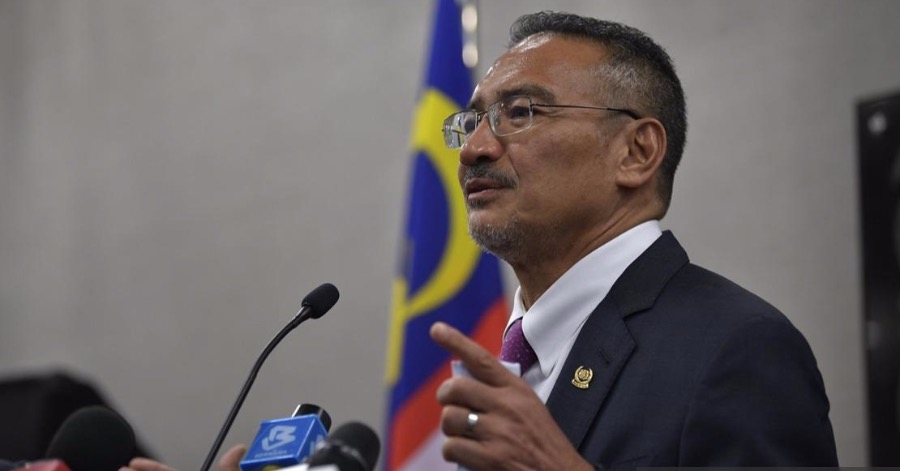
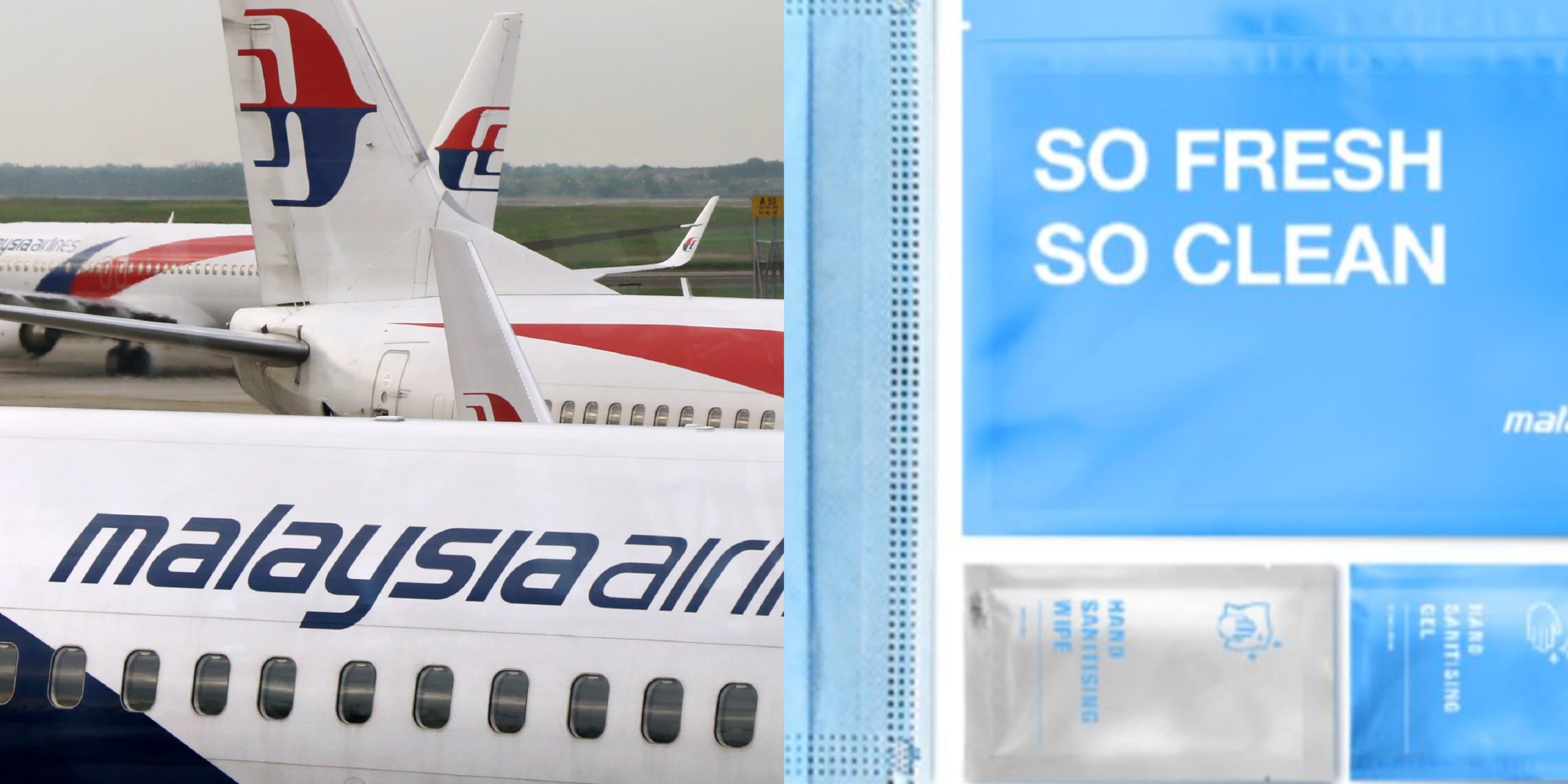
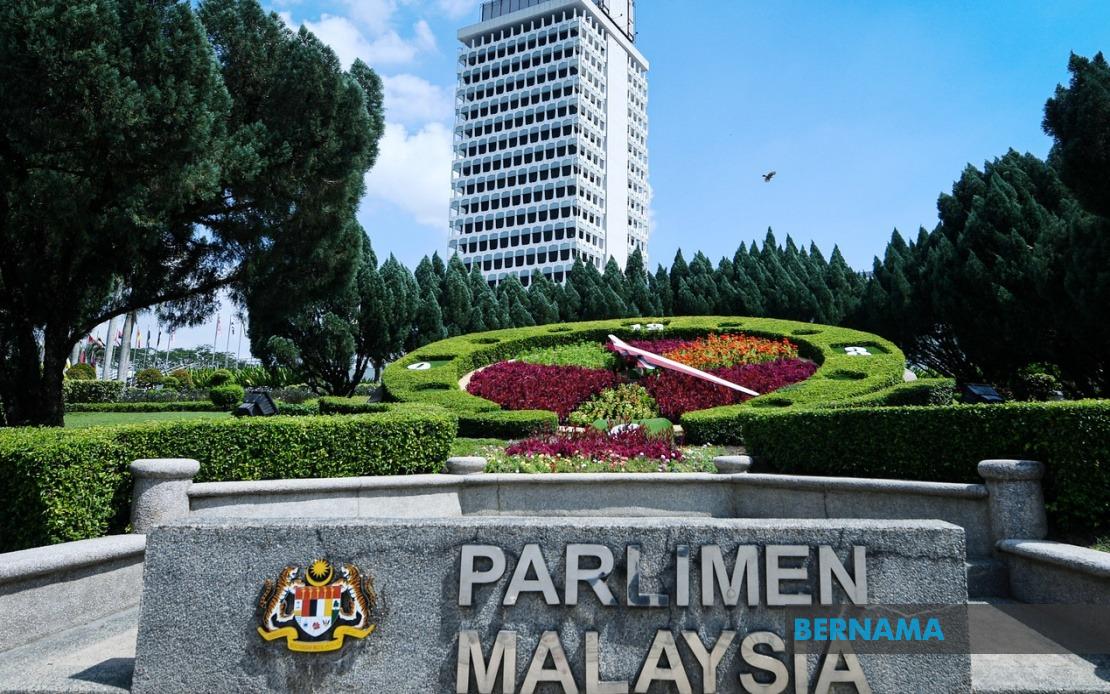

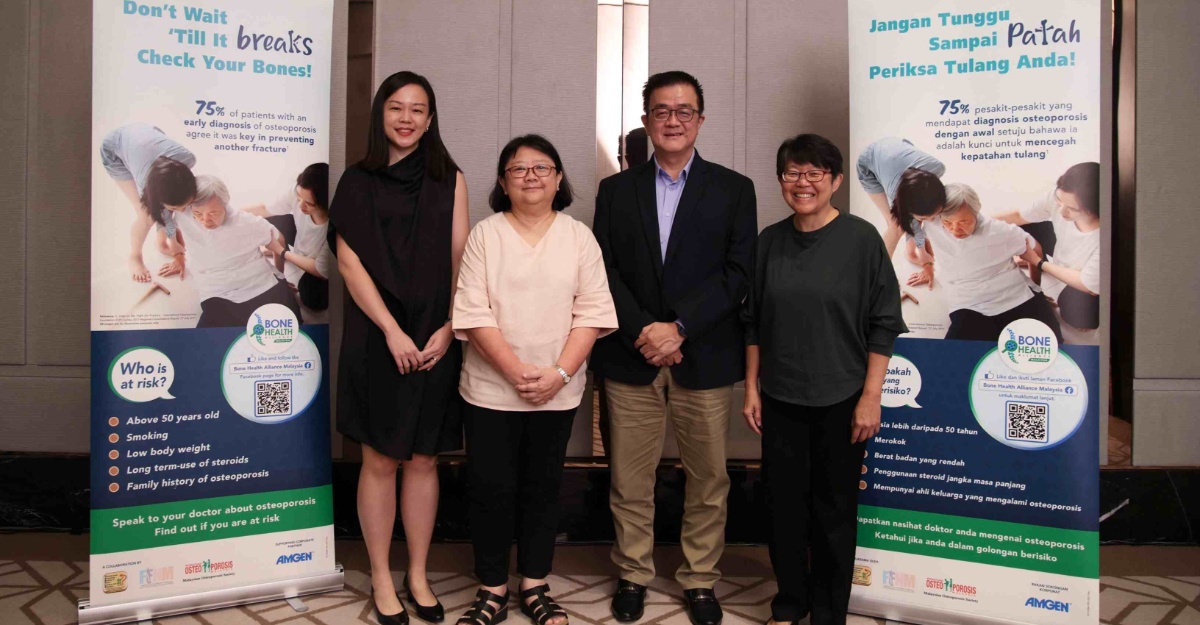
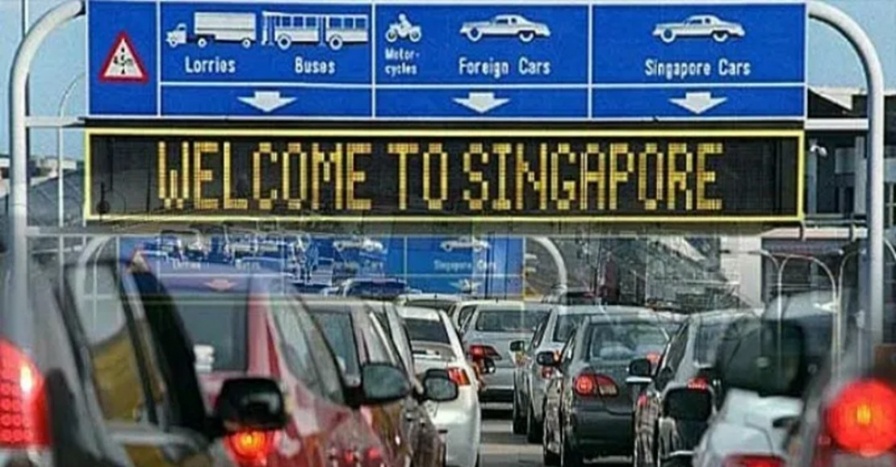
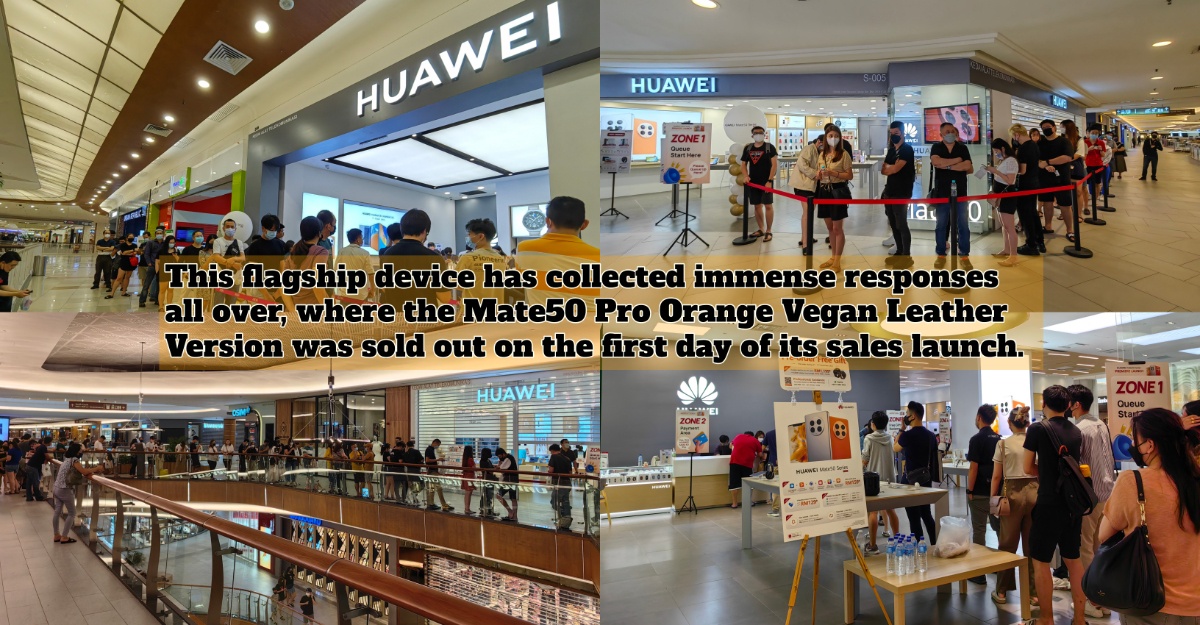
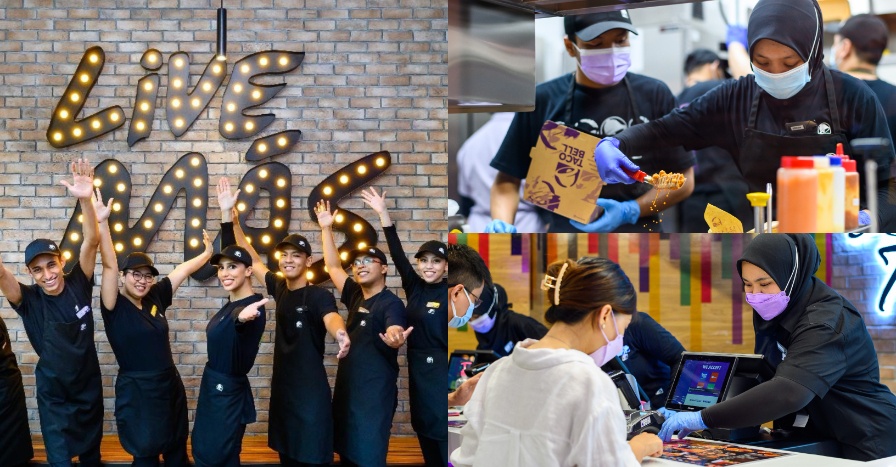
Leave a Comment